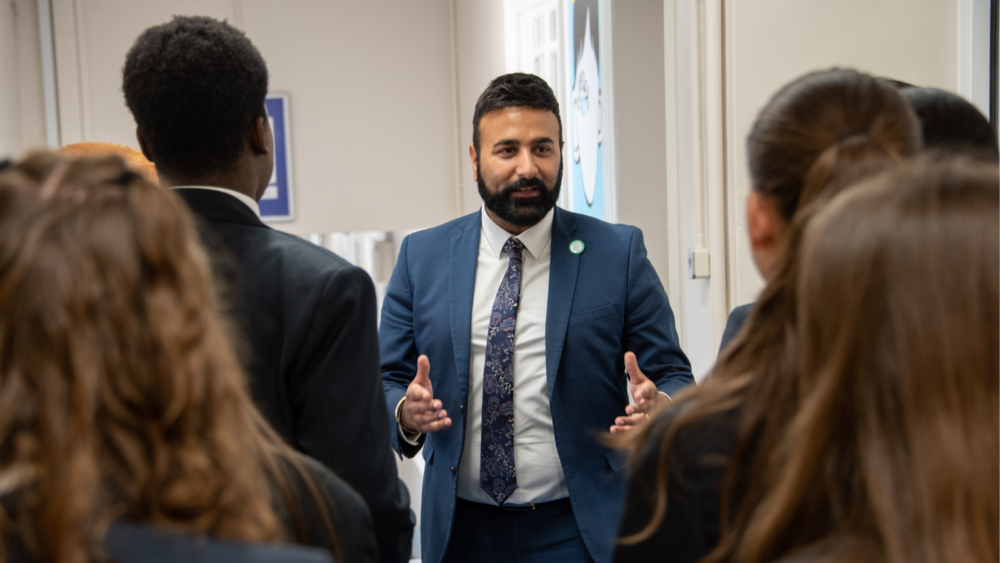Much of what has already been written about maintaining local accountability in this new MAT-led system envisaged by the Opportunity for all white paper tends to focus on policy and ethos. But with the number of children and young people attending schools managed by MATs set to rise sharply, there is another facet of MAT governance that requires our careful consideration.
With a further move away from local authority oversight and control, it’s now increasingly urgent that we take a very close look at the constituency of governing boards. Because reflecting our communities is about more than practices and values.
Members and trustees of MATs have a fundamental and significant influence over the schools for which they have responsibility. Therefore, it’s vital that we understand who they are, their backgrounds, their motivations and, crucially, whether they are themselves representative and reflective of the communities they serve.
The general profile of school and MAT governance has not evolved in step with wider society and has largely remained the preserve of the established ‘professions’, occupations and classes. This has often excluded those, for example, with technical careers, non-traditional roles, practitioners from the creative sectors and digital industries and others who would bring welcome fresh perspectives, challenge and ideas.
Analysis of publicly available data and information soon reveals the scale of the transformative task ahead. MATs operating in the most diverse regions and communities often have boards that are worryingly and disproportionately unrepresentative.
That’s not to say they are widely ineffective, but we should aspire and act to create a contemporary model that harnesses the talents and resources that exist in every corner of every community, rather than lazily perpetuating what has gone before.
Management of the system remains stubbornly mono-cultural
It seems perverse and unfair, within a system that should seek to encourage and enable the abilities and success of all, that the overarching management of the system itself remains stubbornly mono-cultural and exclusive. As the MAT sector continues to expand, one of the worst and most divisive outcomes would be for an assumption to emerge that one established constituency is justified in maintaining a stranglehold over the sector.
When children and young people look upwards and around them, they must see the possibilities for their future selves. Equally, parents should be confident that those who run their children’s schools reflect and represent the intricacies, complexities and priorities within their communities. We should not assume that boards are largely invisible to children, families and communities and therefore that their complexion is unimportant.
In my experience, parents and children are often not fully aware of how schools are run and who runs them. But to achieve greater engagement, boards should become increasingly known and their role understood in order that they themselves can become models of possibility.
Rightly, the ongoing conversation around diversity in governance focuses on ethnicity, colour and gender. To achieve truly representative boards that bring these new communities aboard, we must widen our thoughts towards social and educational background, age, career choice and financial circumstance.
Clearly, applicable skills are fundamental to the collective success of boards. But even here, the current tools used to understand this have often done little more than embed the status quo. Widely used skills audits continue to consider very narrow horizons of desirable competency. Beyond the baseline boilerplate tick-boxes, there is often no inquiry about aptitudes in critical thinking, creativity, emotional intelligence or social awareness.
If we are serious in our resolve to create an effective, contemporary and egalitarian model of MAT governance, we must be much more imaginative and open-minded in our approach. Boards should reach out to their school communities, identify and mentor potential trustees, be open, self-critical, real and democratise the power they hold.
Ultimately, this is a matter of nurturing the precious place that education occupies within a cohesive society. MAT boards have a hugely significant role in this. We should be determined and bold in how we take this issue forward.












Your thoughts